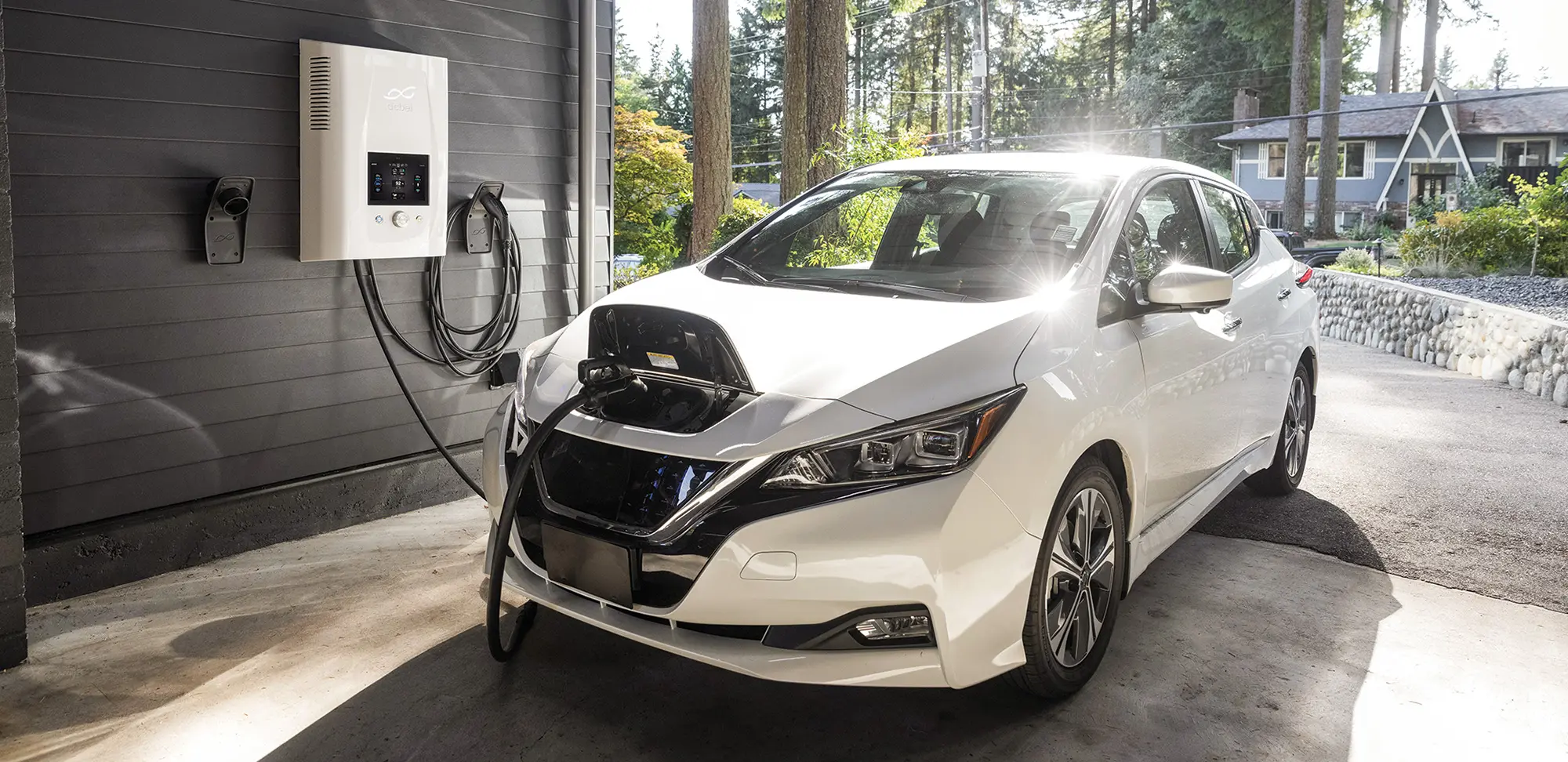Environmental stewardship is a key RTOERO advocacy pillar. We all know that conservation, responsible use of resources, and protecting our air, land and water are critical to a sustainable future.
Transportation accounts for about one-quarter of Canada’s carbon emissions. As our population grows, along with the economy, so does the number of vehicles on our roads.
So it’s no wonder many members are considering buying an electric vehicle (EV) as a personal commitment to managing their carbon footprint. And asking lots of questions.
Q Will power grids withstand increased demand from the EV evolution?
A Electrical grids currently keep pace with EV usage, but to meet future needs, collaboration among government levels is essential. These efforts are underway. Upgrading the country’s power infrastructure and commitment to renewable energy through wind, solar and battery storage will provide solutions.
Q What about battery recycling?
A Companies such as Canada’s Li-Cycle Corp. and Lithion are making major advancements in recycling and repurposing batteries. They are minimizing environmental damage and supporting renewable-energy storage while creating new jobs. A new EV, because of manufacturing variables pertinent to each type of vehicle, has the larger carbon footprint. “After as little as two or three years, EVs’ lifetime emissions become dramatically lower than those of a combustion vehicle,” says Nino Di Cara, founder and president of Electric Autonomy Canada. He points to data showing that batteries outlast the life of EVs made today and adds, “The precious metals inside EV batteries are too valuable not to be recycled.”
Q Does Canada have the necessary charging infrastructure?
A A solid EV charging infrastructure — over 15,000 chargers — currently links Canada’s major markets. Challenges occur off major routes in lightly populated and northern regions. Over 60 per cent of Canadians live in homes where they can install their own chargers, and the developers and owners of apartments or condos are installing chargers, so Di Cara is confident that the infrastructure will keep pace as more EVs hit the roads.
The federal government is investing billions, encouraging the rollout of charging stations nationally with customized incentives for multi-unit residential buildings, public places, shopping malls and workplaces and to support commercial fleets.
Q How will we recoup lost gas taxes?
A A number of models are being considered. Viable solutions include taxing EVs based on energy consumed, distance driven and vehicle weight. Accountability tools may involve routine odometer readings or GPS-tracking installed in your vehicle that will “report” the kilometres you drive. Saskatchewan has initiated an annual EV ownership fee, but it doesn’t take energy usage or vehicle weight into account.
Green energy solutions cross provincial jurisdictions and are the future. Ensure your elected officials know how important green energy is to you. Visit rtoero.ca/giving-back/advocacy for more resources, including the RTOERO white papers and tips for advocating.
Noel Cooper (District 34 York Region) bought his first EV in February 2022. Encouraged by technological advances in battery recycling and infrastructure developments, Cooper also likes the math: “I was paying close to $300 for gas every month . . . that non-expense is paying for well over half the car payments.”
Owning the EV is “a tiny but real contribution to a moderate climate and cleaner air for my grandchildren,” Cooper says. “The planet needs millions of people to take similar actions soon to achieve a sustainable future. If not now, when?”








